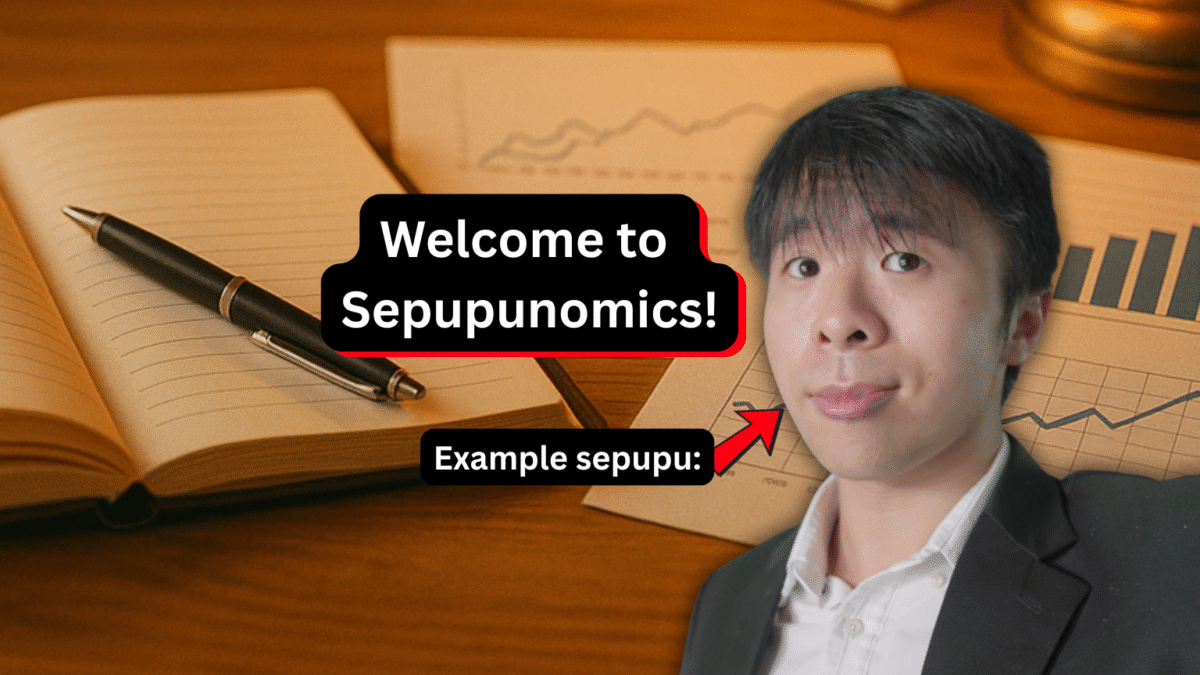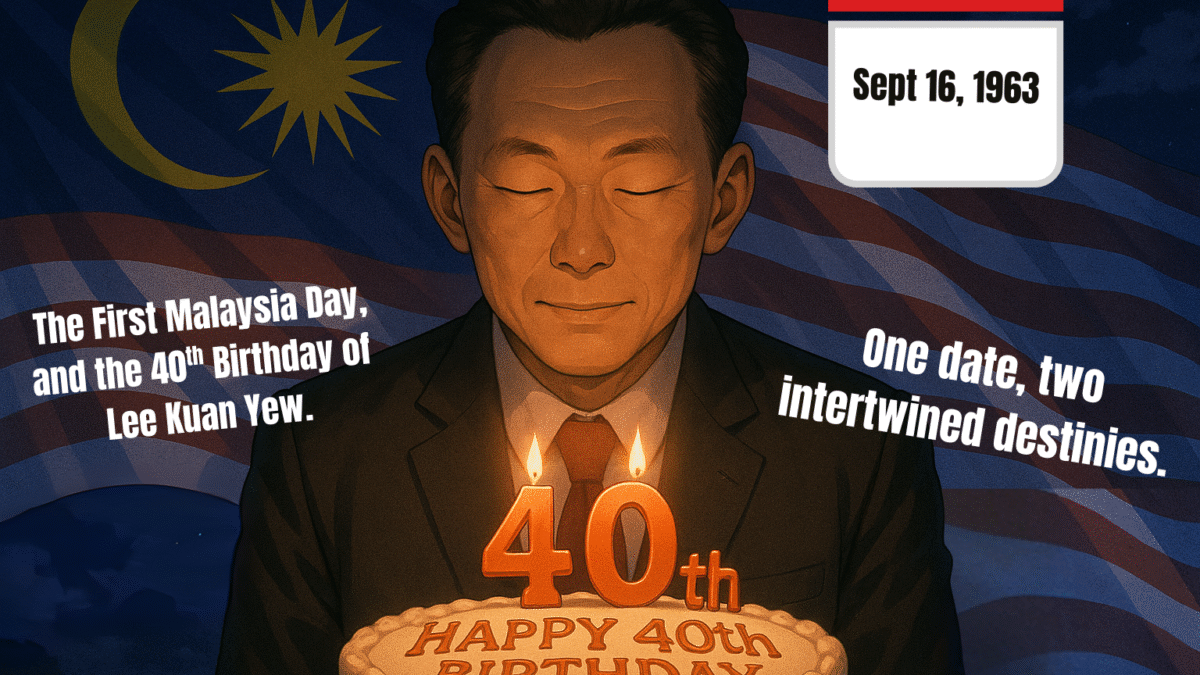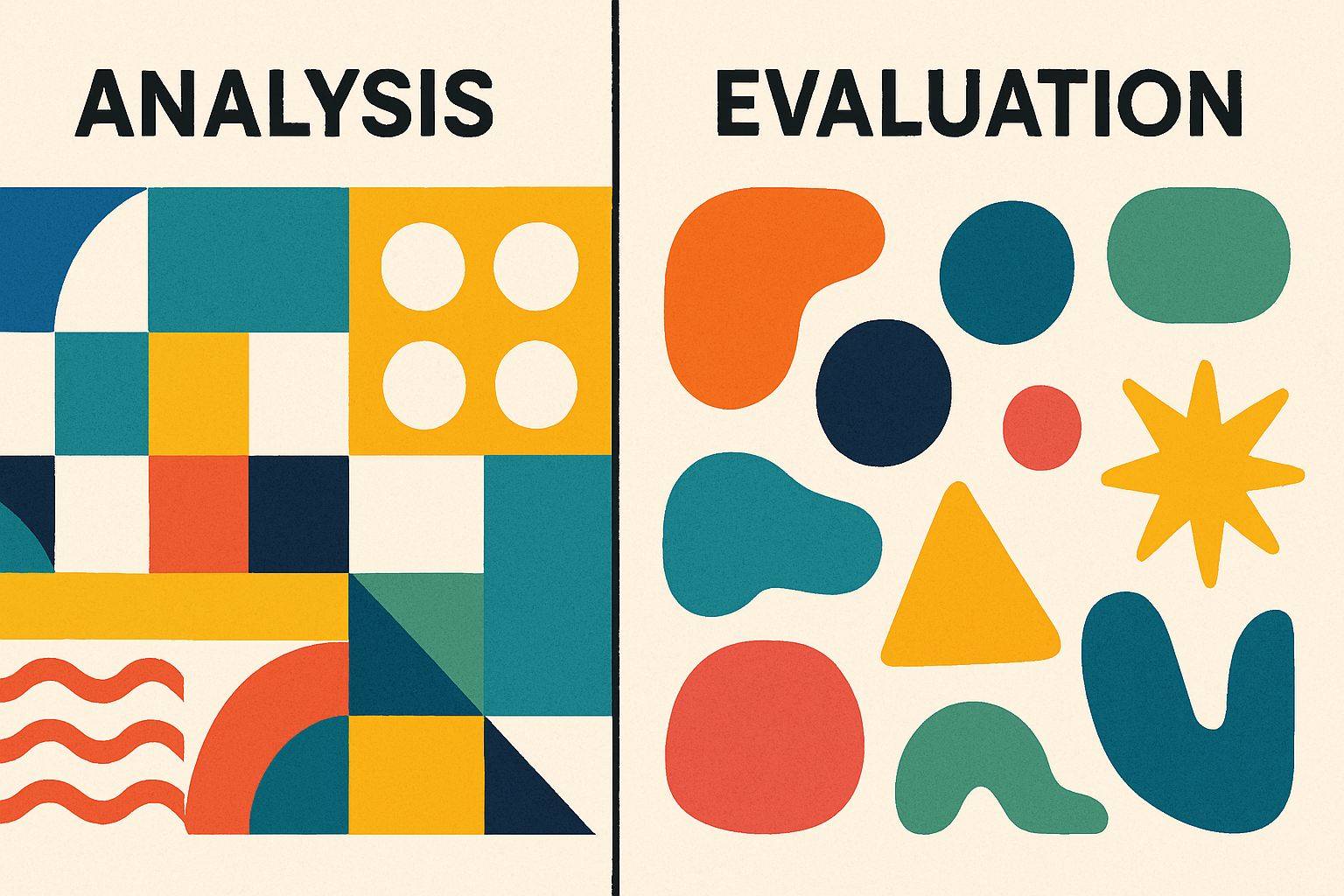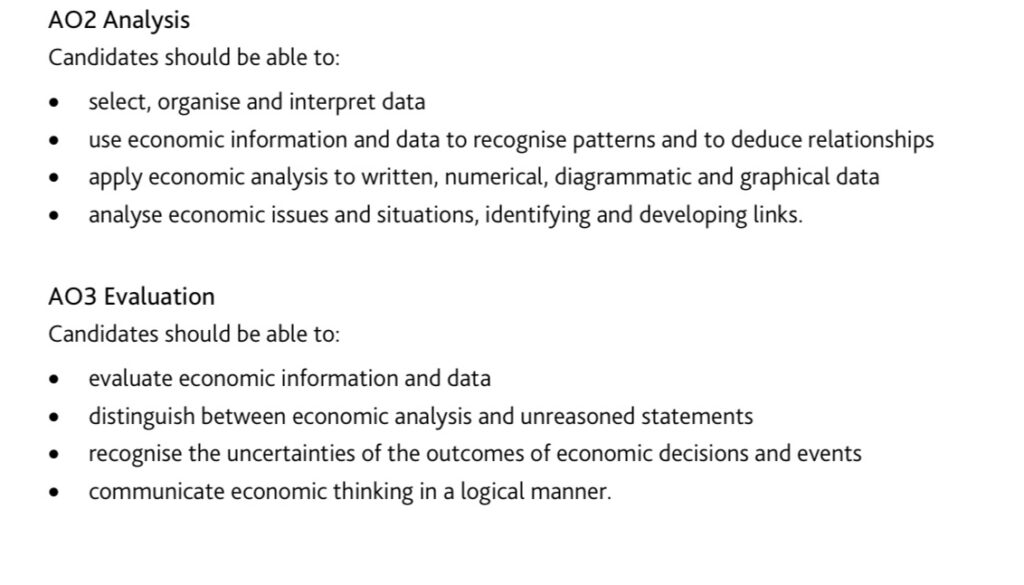Welcome friends and sepupus from around the world!
Sepupunomics is a blog and educational resource for both the young and the old on the wonderful subject of economics!
At this stage, many of you are coming from YouTube – thank you for stopping by and I hope you’ll find this entertaining and educational.
If you didn’t, you’re probably wondering – What is a sepupu?
Well, it means “cousin” in Malay. If you’re not down to read too much, just know that in my mind, I am sepupu, you are sepupu, we are all sepupu from across the universe; if you REALLY want to know what a Sepupu is and why I’m using this name against all good sense and even though it requires an explanation, here’s why this site is called Sepupunomics.
Part blog, part IGCSE, A Level, and IB Diploma Program economics resource sheet and combination of deep dives that almost nobody goes into, this is my attempt to help you understand the world and economy a little better as I learn about the world through the lens of economics, read about it, and reflect about it with you on this journey.
If you’ve never studied economics and you want to know why you should consider studying it…
Start with What is Economics and Why Learn About It?
There you will get a bit of the flavor of choice, what economics is, and why you may care even if you never take economics formally as a subject.
I hope you will have fun reading and thinking about some of these questions which have animated me for many years!
Meanwhile, just as we have our things in order, consider the…
Site Directory!
IGCSE, A Levels, and IB Diploma Economics: What You Need To Know
- Syllabus-related
- What’s In A Syllabus? IGCSE Economics Syllabus Explained!
- What’s In A Syllabus? A-Level Economics (9708) VS IGCSE Economics (0455) (This is a comparison between IGCSE and A Level Economics)
- Tips for optimizing your time for exam practice
- The Importance of Mark Schemes for Economics Exams (IGCSE, A Levels, IB Diploma Program)
- The Power of Intelligent Practice (TBD)
- The Magic of Examiner Reports (TBD)
Cambridge IGCSE/A Level Economics
- Syllabus-related
- Premium resources:
IB Diploma
- Syllabus-related
- What’s the International Baccalaureate Diploma Program (IBDP) and How Is Economics Assessed Within It?
- The Economics Internal Assessment and How To Conquer It
- The Economics Extended Essay
Resources and publications
Think of these as different things that I’d like to offer to you to give you value so that you will be willing to support my journey. Premium reports are curated reports on a range of different issues which you can go ahead and learn about just by reading this website. Generally speaking, you can expect these to deepen your understanding of the world and bring you just a little bit further in your journey.
- Premium Deep Dive Reports:
- Issues (e.g. Islamist Economic Governance – PAS and Iran (free!))
- Personalities (e.g. Rafizi Ramli, Minister of Economy of Malaysia (2022 – 2025), Sultan Nazrin Shah (Malaysia’s Economist King), Singapore’s Goh Keng Swee.
- Institutions (e.g. Petronas, Bank Negara Malaysia)
- Policies (e.g. New Economic Policy, the Malaysia Plans)
- Economic History
- Politics
- IGCSE Economics Paper 2 Sample Responses Bank (Premium)
- Cambridge A Levels Paper 2 and Paper 4 Sample Responses (Premium)
- University Applications and Consultations
- IB Commentary Bank
- Recommended websites (TBD)
- Book recommendations (TBD)
- More to come!
I started this blog because it’s what I would have wanted as a student, and I think that the topics within are both fascinating and intriguing to me – if they’re interesting to you too, it looks like we’ve found a match, an equilibrium, a clearing! 😀
Also yes, it is a blog, so you’ll get some of my thoughts here, there, and everywhere.
If you find this work valuable, do consider sharing it over social media, sharing it with your students, feel free to integrate it into your lesson plans as well, and make sure to learn as much as you can during this epic time ahead 🙂
…What are you waiting for?
Meanwhile, a most urgent matter: If you’re here for the first time and scratching your head about what a sepupu is, it means “cousin” in Malay – also, watch this video.
It may seem silly, but this is one of my many sources of motivation. More to come soon!
Happy reading!
V.



